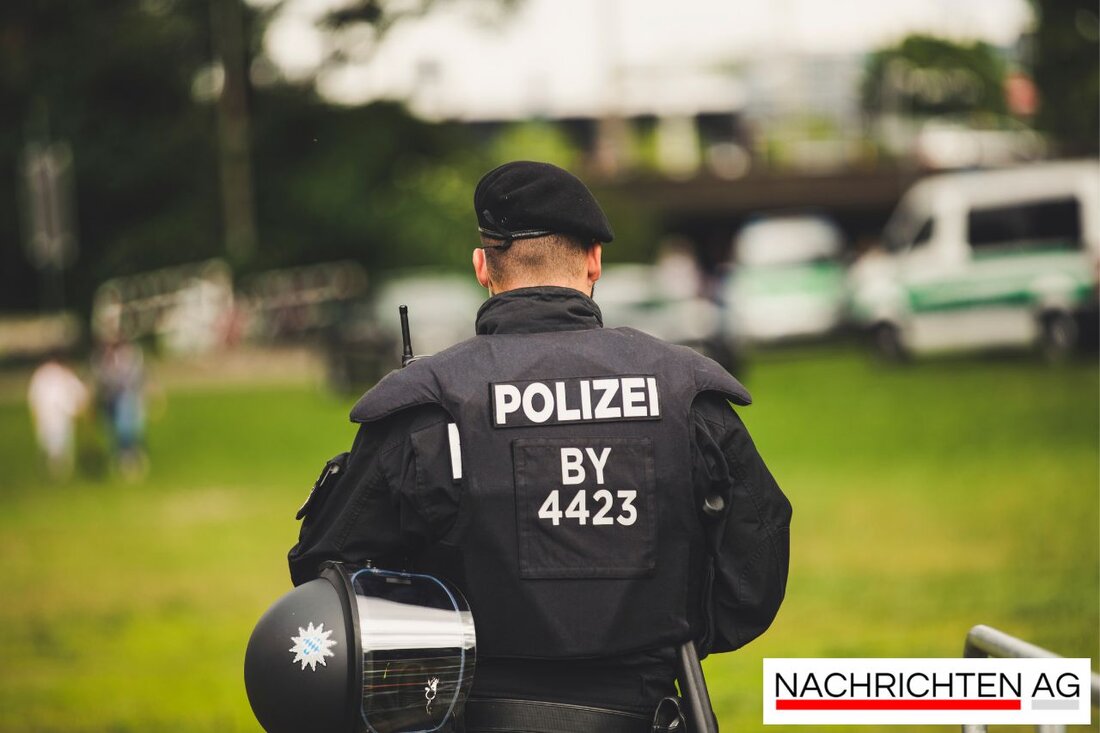Attention, Cologne residents! New Bitcoin QR Code Scam Exposed!
A new scam called “Quishing” has been discovered in Cologne, in which fake QR codes are placed on sidewalks.

Attention, Cologne residents! New Bitcoin QR Code Scam Exposed!
Cologne is currently being hit by a new, sophisticated scam that is particularly bold. Bags with printed pieces of paper appear on sidewalks containing supposed “paper wallets” for storing Bitcoin in paper form. The trick captivates passers-by and gives the impression that you can easily get a lot of money, in one case even around 250,000 euros. This is reported by the Rundschau online.
But behind this tempting offer lies a dangerous scam. Police have determined that this is a combination of phishing and QR codes, known as “quishing.” This term describes how criminals use QR codes to lead to fake websites where sensitive data can be fished out. If you scan the QR code, you will be taken to a fake page and have the option to enter a pin code to display a large amount of money. But before you can collect the profit, a “processing fee” of four percent, i.e. around 1,000 euros, must be paid in advance. Those affected should be careful: fewer than ten quishing cases have been identified in Cologne so far without any financial damage being caused.
The spread of quishing in Germany
This scam is not limited to Cologne. Similar Bitcoin baits have already been spotted in cities such as Munich, Hamburg and Berlin. The police recently collected eight such bags at a police station in Cologne, and the investigation is being carried out by the Criminal Investigation Department for Cybercrime. Consumer advice centers not only warn against these special bags, but also point out the risk of fake QR codes, which can appear not only on sidewalks, but also at parking meters and in postal mail. These codes can contain information that is often Internet addresses, but they do not always clearly show where they lead before scanning them, like the Consumer advice center reported.
This form of fraud is dangerous because criminals not only use QR codes digitally, but also stick them on charging stations for electric cars or on fake traffic tickets. Consumers have already been warned to be wary of so-called “quishing” attempts, which are very trendy. It is crucial to only scan QR codes if their authenticity has been verified. It is also recommended to use smartphone apps that display the address before opening and to contact the sender directly if the letter is suspicious.
Protection against fraud: Here's how to proceed
The police strongly advise not to scan QR codes if they look suspicious and to carefully check the URL displayed. Fraud attempts should be reported immediately to protect others and minimize potential harm. If you find bags with fake QR codes, hand them in to the police immediately. The danger couldn't be greater: The world's first and strongest cryptocurrency, Bitcoin, recently recorded a value of 125,426 US dollars (approx. 106,000 euros). This means that such bait could attract even more bait hunters.
Keep your eyes open! These are the best weapons against fraudsters, who are becoming increasingly sophisticated.

 Suche
Suche